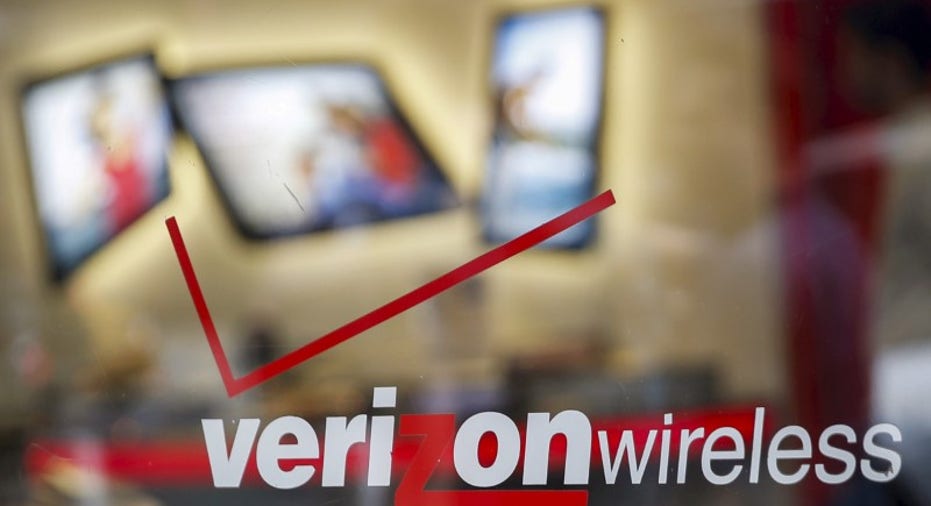New York court approves Verizon settlement over 'merger tax' objections

NEW YORK – A New York state appeals court on Thursday said its door remains open for settlements of merger litigation where shareholders receive no money, approving an accord tied to Verizon Communications Inc's $130 billion buyout of Vodafone Group Plc's stake in their Verizon Wireless venture.
The Appellate Division, First Department in Manhattan said a lower court judge erred in rejecting a class-action settlement requiring Verizon to disclose more information to shareholders who thought it overpaid, and get a "fairness opinion" if it sold some of the venture's assets. It also entitled the shareholders' lawyers to up to $2 million for fees and expenses.
"Disclosure-only" settlements have lost favor in recent years, with critics saying they provide little benefit to shareholders and companies, while forcing companies to pay fees of shareholders' lawyers in a so-called "merger tax."
Judges in Delaware courts routinely approved such settlements for many years but have in recent decisions made clear those days are over, causing lawyers to file dozens of merger-related lawsuits in other courts instead.
The Verizon settlement drew objections from two shareholders, and was rejected in December 2014 by New York State Supreme Court Justice Melvin Schweitzer.
He said the accord failed to materially boost shareholder knowledge about the merger, which had closed in February 2014, and could impede the New York-based phone company's ability to sell assets.
But in Thursday's decision, a four-judge appellate division panel said the added disclosures provided at least "some benefit" to shareholders, while the fairness opinion requirement could help insure good prices for asset sales.
The panel also tightened its nearly 27-year-old test for approving such settlements, adding requirements that they be in shareholders' and companies' best interests. It said the Verizon settlement achieved both.
"Given the changing circumstances and concerns surrounding nonmonetary settlements of class actions," the Verizon case offered an opportunity "to address present day concerns," Justice Marcy Kahn wrote.
The appellate division returned the case to the lower court to determine legal fees.
"We are pleased," Juan Monteverde, a lawyer for the plaintiffs, said in an email. "Litigation that provides enhanced corporate disclosures and corporate governance will continue to play a vital role in protecting public shareholders."
A lawyer for one of the objecting shareholders did not immediately respond to requests for comment. The other objector, Gerald Walpin, a former inspector general under President George W. Bush, died last year.
The case is Gordon et al v. Verizon Communications Inc et al, New York State Supreme Court, Appellate Division, 1st Department, No. 653084/2013.
(Reporting by Jonathan Stempel in New York; Editing by Chizu Nomiyama)



















